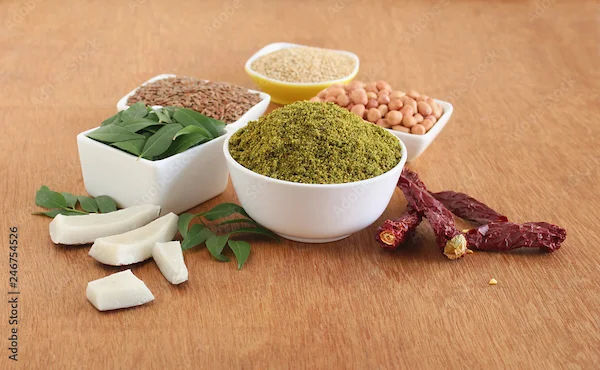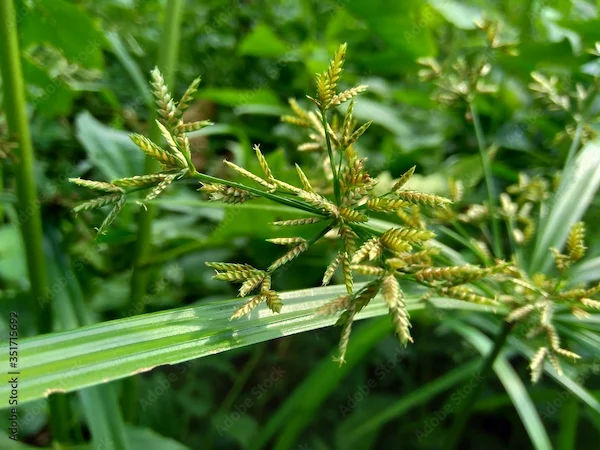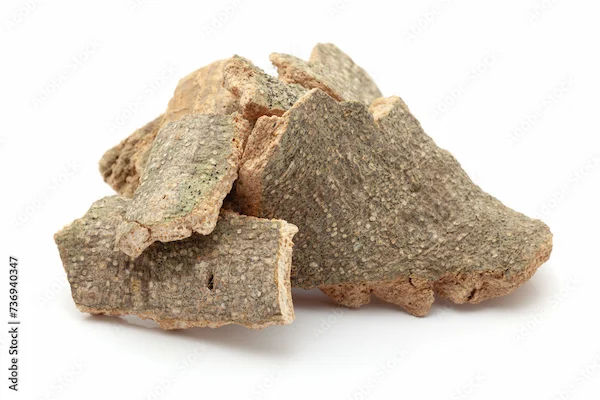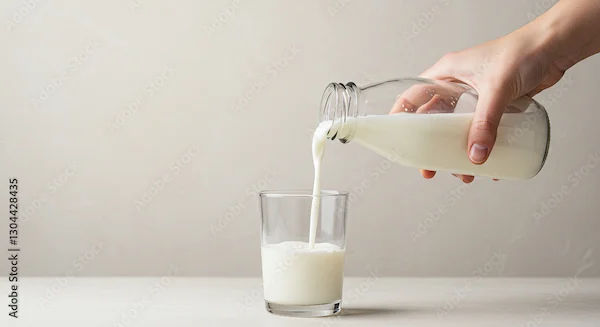Indian Foods to Manage Diabetes Effectively
Know how indian food influences diabetes. Top indian foods for diabetes. Learn the types of food to avoid or take and manage diabetes with food.

Written by
Last updated on 20th Jul, 2025

Introduction
Living with diabetes can be challenging, but with the right diet and lifestyle changes, you can manage your blood sugar levels effectively. Indian cuisine offers a variety of wholesome, nutrient-rich foods that can help manage diabetes effectively. In this article, we’ll explore some of the best Indian foods for diabetes, along with simple tips to incorporate them into your daily meals.
Understanding Diabetes and Diet
Diabetes is a condition where your body struggles to regulate blood sugar (glucose) levels. While medications and exercise play a crucial role, diet is one of the most powerful tools to manage diabetes. Eating the right foods can help:
Stabilise blood sugar levels
Improve insulin sensitivity
Prevent sudden sugar spikes
Support overall health
Top Indian Foods for Diabetes Management
1. Whole Grains & Millets
Refined carbohydrates (like white rice and maida) can spike blood sugar. Instead, opt for fibre-rich whole grains and millets:
Brown Rice & Red Rice have a lower glycemic index (GI) than white rice.
Bajra (Pearl Millet) – Rich in magnesium, which helps regulate insulin.
Jowar (Sorghum) – High in fibre, slows sugar absorption.
Ragi (Finger Millet) – Packed with calcium and fibre, great for diabetics.
Consult Top Nutritionists
Tip: Replace white rice with quinoa, brown rice, or millet in your meals.
2. Pulses & Legumes
Pulses are excellent sources of plant-based protein and fibre, which help control blood sugar.
Moong Dal – Easy to digest, low GI.
Chana (Chickpeas) – High in protein and fibre.
Rajma (Kidney Beans) – Slow-digesting carbs keep you full longer.
Urad Dal (Black Gram) – Good for stabilising glucose levels.
Tip: Soak pulses before cooking to improve digestion.
3. Bitter Gourd (Karela)
Bitter gourd contains charantin and polypeptide-p, which help lower blood sugar naturally.
How to use:
Drink karela juice (mixed with amla juice for better taste).
Stir-fry with spices for a diabetes-friendly sabzi.
4. Fenugreek (Methi)
Fenugreek seeds are rich in soluble fibre, which slows sugar absorption.
How to use:
Soak 1 tsp of fenugreek seeds overnight, and drink the water in the morning.
Add methi leaves to parathas or curries.
5. Amla (Indian Gooseberry)
Amla is rich in vitamin C and antioxidants, which improve insulin sensitivity.
How to use:
Drink amla juice (fresh or diluted).
Add amla powder to smoothies or chutneys.
6. Turmeric (Haldi)
Curcumin in turmeric helps reduce inflammation and improve blood sugar control.
Tip: Add a pinch of turmeric to warm milk or meals daily.
7. Nuts & Seeds
Healthy fats and protein in nuts help prevent sugar spikes.
Almonds & Walnuts – Good for heart health.
Flaxseeds & Chia Seeds – Rich in omega-3s and fiber.
Tip: Soak 5-6 almonds overnight and eat them in the morning.
8. Yoghurt (Curd/Dahi)
Probiotics in yoghurt improve gut health, which is linked to better blood sugar control.
Tip: Choose plain, unsweetened yoghurt. Add seeds or nuts for extra benefits.
9. Cinnamon (Dalchini)
Cinnamon helps improve insulin sensitivity and lowers fasting blood sugar.
How to use:
Add a pinch to tea, milk, or oatmeal.
10. Green Leafy Vegetables
Low in calories and high in fibre, greens are perfect for diabetes.
Spinach (Palak) – Rich in iron and magnesium.
Methi Leaves – Helps regulate glucose.
Drumstick Leaves (Moringa) – Boosts metabolism.
Foods to Avoid
While some foods help, others can worsen diabetes. Avoid or limit:
White rice, maida (refined flour), sugary snacks
Packaged juices, sodas, sweets
Fried foods (samosa, pakoras)
Excess salt can raise blood pressure.
Lifestyle Tips for Better Diabetes Control
Eat small, frequent meals – Prevents sugar spikes.
Exercise regularly – Walking, yoga, or strength training helps.
Stay hydrated – Drink plenty of water.
Monitor blood sugar – Regular checks help track progress.
When to Consult a Doctor?
If you’re struggling to manage diabetes despite dietary changes, consult a doctor. Apollo 24|7 offers expert consultations and diabetes management plans. You can book a test or speak to a specialist easily online.
Final Thoughts
Managing diabetes doesn’t mean giving up delicious food. With the right choices—whole grains, pulses, vegetables, and spices—you can enjoy flavorful meals while keeping your blood sugar in check. Start small, stay consistent, and you’ll see positive changes in your health!
Consult Top Nutritionists
Ms. Lakshmi Tejasvi
Clinical Nutritionist
14 Years • M.Sc - Clinical Nutrition
Hyderabad
Vibgyor Nutri, Hyderabad

Dr. Ramalinga Reddy
General Physician
5 Years • MBBS MD General medicine
Bengaluru
PRESTIGE SHANTHINIKETAN - SOCIETY CLINIC, Bengaluru
Dt. Ila Sharma
Clinical Nutritionist
18 Years • Master in food & Nutrition
Gurugram
VIPUL GREENS - SOCIETY CLINIC, Gurugram
Dr Sumanth R
General Physician
2 Years • MBBS
Bengaluru
PRESTIGE SHANTHINIKETAN - SOCIETY CLINIC, Bengaluru
Mrs Sneha P V
Nutritionist
10 Years • Master of science in Food and Nutrition
Bengaluru
Apollo Clinic, Sarjapur Road, Bengaluru




